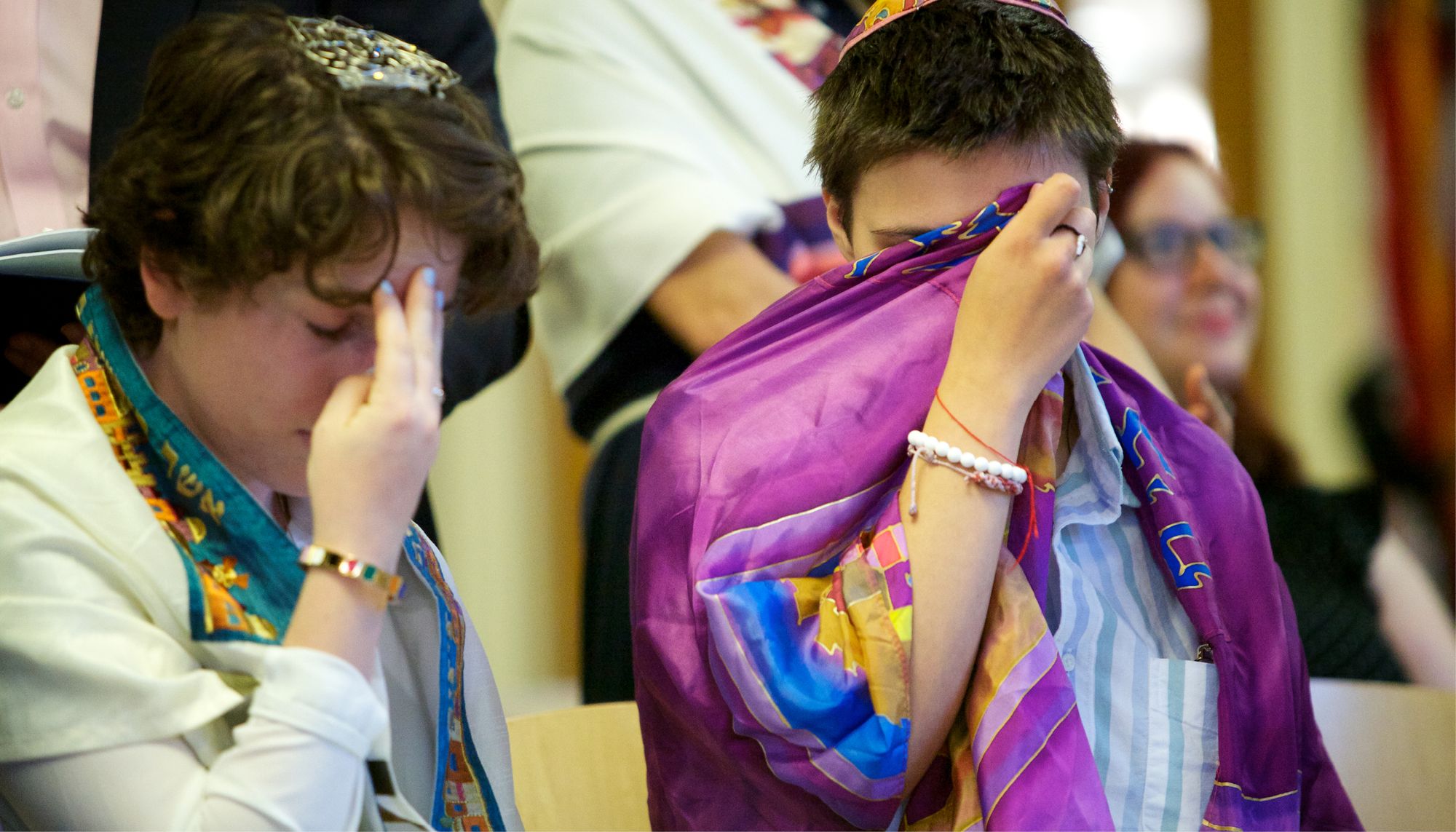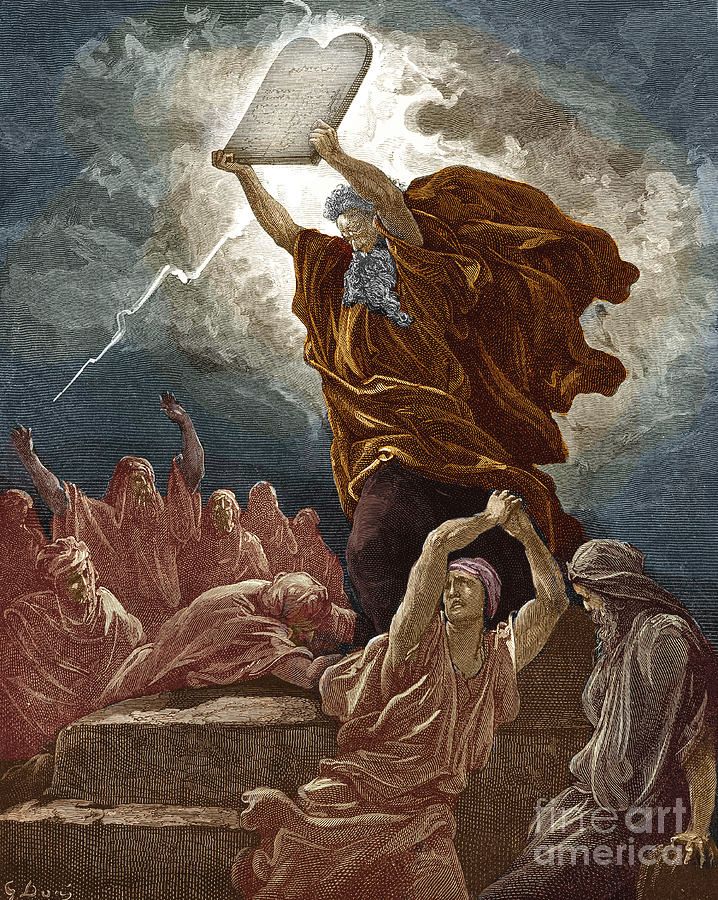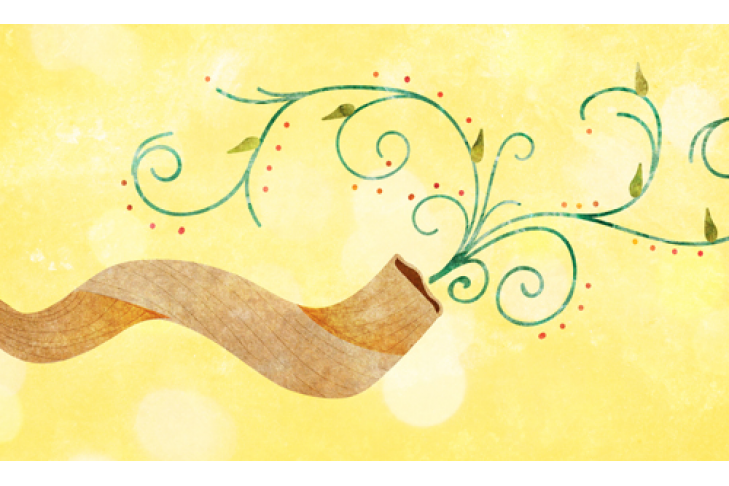Shabbat Gathering: Selichot and the Thirteen Attributes of mercy.

Dear Chevra, as is our custom, we will gather tonight at 5.45p ct to welcome Shabbat. These are the coordinates:
Zoom
Meeting ID: 963 5113 1550
Password: 1989
Phone: +1 312 626 6799
Rabbi Laurie will not be joining us.
(To unsubscribe from the newsletter, click the link at the very bottom of this email.)
Here we go.
In a previous newsletter, I wrote about Teshuva and the process we use to forge forgiveness with others. Selichot focuses us on the sins we’ve committed against
G-d. CSS will observe Selichot on September 17 at 8.00p and in the Selichot service, among other things, we recite the Thirteen Attributes of G-d, the ways that Hashem shows us mercy and grace. What are the 13 Attributes and what do they mean to us?

The origin story.
The origin of the 13 Attributes are in Exodus, following the incident of the golden calf. Hashem gave up on the Jewish people when he saw the golden calf and how the people had sinned against G-d. Moses smashed the tablets and heard the shofar calling him back up to the top of the mountain. Once Moses had surmounted Sinai’s summit, Moses convinced Hashem to show mercy to the people. (Although there was still a lot of slaying that happened.) In a dialog between Hashem and Moses (Exodus 34:6-7), Hashem lets Moses know that Hashem is a merciful G-d and gave Moses the 13 Attributes. Moses had to hew new stone and carve the second set of tablets himself. Hashem gave us a second chance, if we availed ourselves of that second chance.
This is what the text says:
The Lord passed before him and the Lord proclaimed: “The Lord! the Lord! a God compassionate and gracious, slow to anger, abounding in kindness and faithfulness, extending kindness to the thousandth generation, forgiving iniquity, transgression, and sin; yet He does not remit all punishment, but visits the iniquity of parents upon children and children’s children, upon the third and fourth generations.
So, what are the 13 Attributes?
There are several different detailed lists of attributes, but this list is the most common. We take the different names of G-d and define them with a quality of mercy.
1. The Lord: Merciful before a person sins, even though aware that future evil lies dormant within him.
2. The Lord: Merciful after the sinner has gone astray.
3. G-d: A name that denotes power as ruler over nature and humankind, indicating that G-d’s mercy sometimes surpasses even the degree indicated by this name.
4. Compassionate: G-d is filled with loving sympathy for human frailty, does not put people into situations of extreme temptation, and eases the punishment of the guilty.
5. Gracious: G-d shows mercy even to those who do not deserve it, consoling the afflicted, and raising up the oppressed.
6. Slow to anger: G-d gives the sinner ample time to reflect, improve, and repent.
7. Abundant in kindness: G-d is kind toward those who lack personal merits, providing more gifts and blessings than they deserve. If one’s personal behavior is evenly balanced between virtue and sin, G-d tips the scales of justice toward the good.
8. Truth: G-d never reneges on G-d’s word to reward those who serve G-d.
9. Preserver of kindness for thousands of generations: G-d remembers the deeds of the righteous for the benefit of their less virtuous generations of offspring (therefore we constantly invoke the merit of the Patriarchs and Matriarchs).
10. Forgiver of iniquity: G-d forgives intentional sin resulting from an evil disposition, as long as the sinner repents.
11. Forgiver of willful sin: G-d allows even those who commit a sin with the malicious intent of rebelling against and angering G-d the opportunity to repent.
12. Forgiver of error: G-d forgives a sin committed out of carelessness, thoughtlessness, or apathy.
13. Who cleanses: G-d is merciful, gracious, and forgiving, wiping away the sins of those who truly repent. However, if one does not repent, G-d does not cleanse.

If you stuck with me and read the 13 Attributes of Mercy, then you might feel pretty good about your relationship with Hashem. After all, this is the Hashem of mercy. This is the Hashem of grace. This is the Hashem of love. Selichot is our time to for us to repent our sins before we turn to Rosh Hashana and celebrate the coming of a new year. Selichot is a time of second chances. Just as Moses and the people were given a second chance, a second set of tablets, so the 13 Attributes offer us a second chance.
And may it be for all of us a blessing.
See you tonight!
Gut Shabbes!
All my love,
brian.
PS
For a deeper dive into the 13 Attributes, I recommend this sheet on Sefaria.
PPS
Danny Rubenstein and his Orchestra, a klezmer orchestra, has an album on Bandcamp I can recommend, “Happy People.” It was released in 1958, the year I was born, and remastered and re-released in 2008. Here’s a cut from the album, Mamaliger.